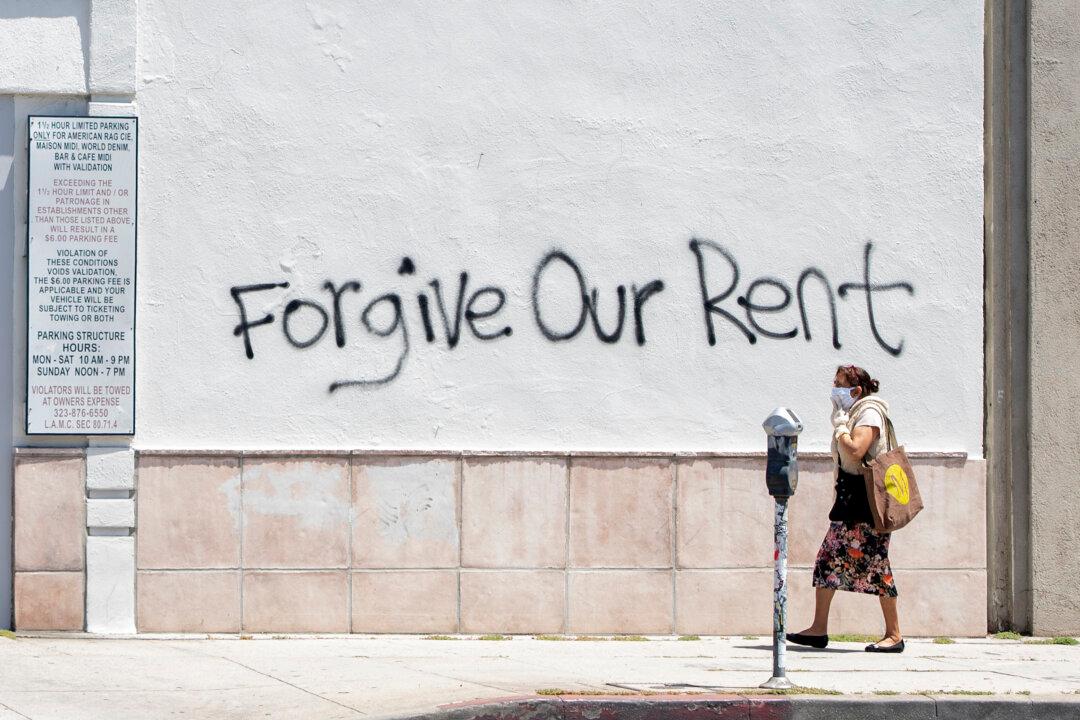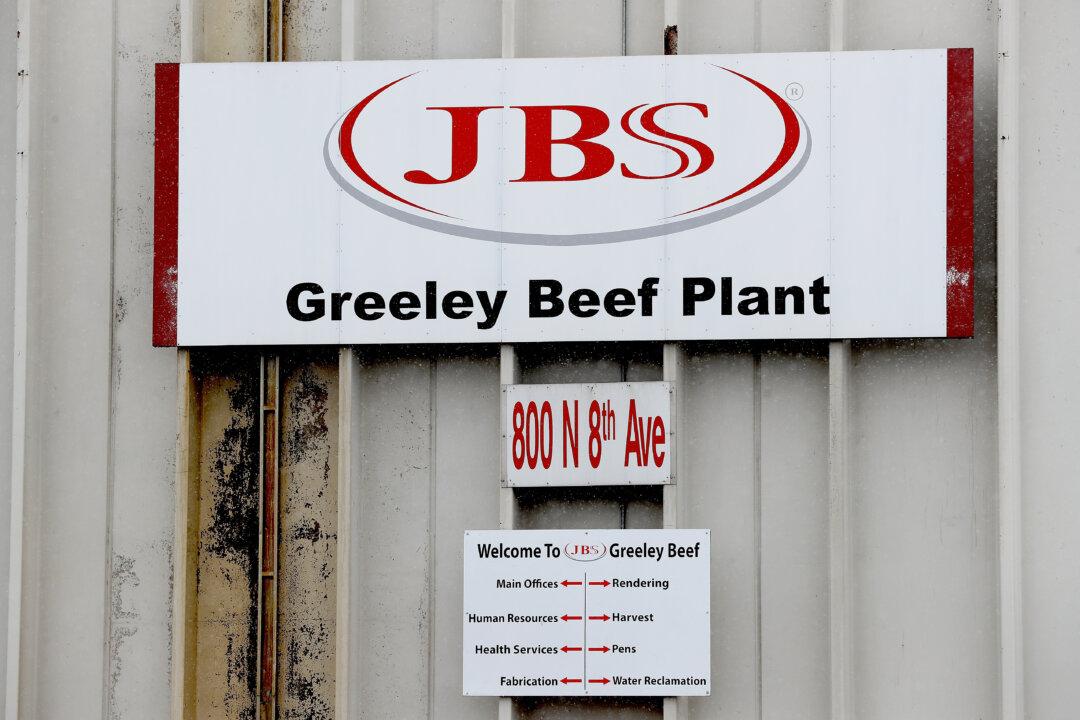Mom-and-pop landlords across the United States are coming under increasing pressure as a patchwork of regulations and eviction moratoriums passed by the federal government, states, counties, and municipalities amid the pandemic have strongly curtailed their ability to enforce their property rights.
In addition, The Epoch Times has received reports that a small number of tenants are abusing the reprieve by choosing to withhold payment of their rent—and, in some cases, without claiming CCP (Chinese Communist Party) virus-related hardship.





